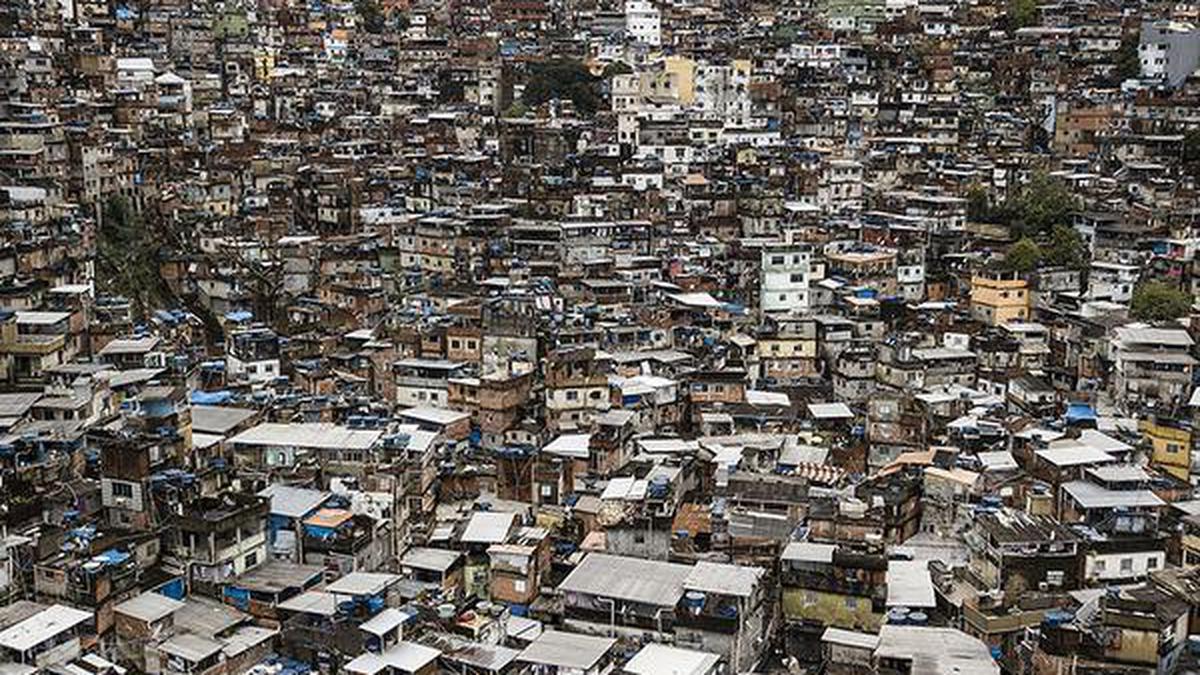Homes cover a hill in the Rocinha favela of Rio de Janeiro, Brazil.
| Photo Credit: AP
After decades of delay and pressure, Brazil announced on Tuesday that it will henceforth use “favelas and urban communities” to categorise thousands of poor, urban neighbourhoods, instead of the previous term “subnormal agglomerates” that was widely viewed as stigmatising.
Starting in the 1990s, the national statistics and geography institute, known by its Portuguese acronym IBGE, began using “subnormal agglomerates” to describe places with irregular occupation and deficient public services. The name change announced in a statement follows a process of reflection that began in the 2000s, according to IBGE geography coordinator, Cayo Franco.
The concept of “subnormality” referred to people’s living conditions, but “many times it was understood as the condition of the people themselves,” Mr. Franco said. It was also too vague to represent reality. Further, “agglomeration” transmitted an image of people piled atop one another, said Theresa Williamson, executive director of a favela advocacy group, Catalytic Communities. Many of these neighbourhoods are not recent; rather, they are consolidated, having been built up over generations with individual or collective investment, and in spite of chronic state negligence in providing sanitation and other services.
“When you have a term that is pejorative, labelling such a huge portion of the country, it can only be counterproductive,” said Ms. Williamson. “You need terms that are more nuanced when you’re talking about such large sectors of society, rather than sort of deny them any value,” she added.

